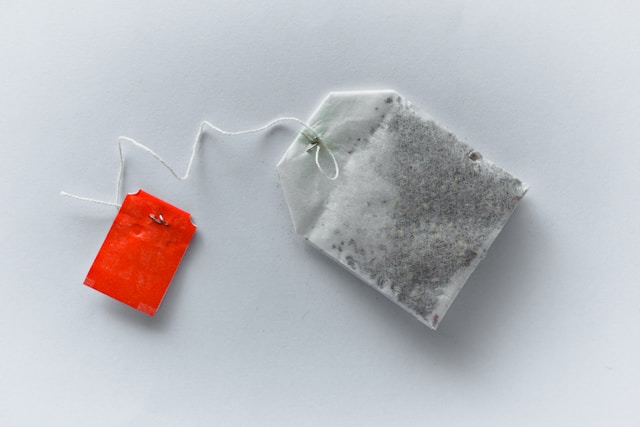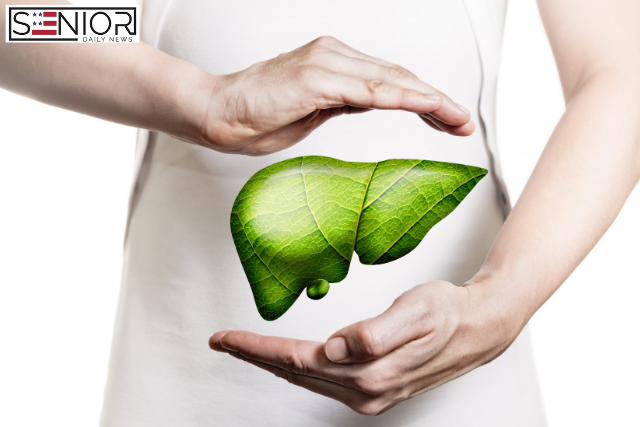Steeping in Plastic: How Tea Bags Can Release Billions of Microplastic Particles

When you think of a cozy cup of tea, chances are you’re imagining warmth, comfort, and calm—not a brew laced with billions of microplastic particles. But new research reveals that some types of tea bags, especially those made from plastic or sealed with plastic, can shed microscopic plastic debris into your drink—raising concerns for both human health and the environment.
Let’s break down how this happens, why it matters, and what you can do to enjoy your tea without unwanted plastic additives.
What Are Microplastics?
Microplastics are tiny plastic particles less than 5 millimeters in length, often invisible to the naked eye. They can come from:
- The breakdown of larger plastic items (like bags and bottles)
- Synthetic clothing fibers during washing
- Plastic packaging, containers—and yes, even tea bags
They’re found in oceans, air, soil, and increasingly, in our food and beverages.
The Shocking Truth About Tea Bags
💥 Boiling Water + Plastic = Trouble
A 2019 study by McGill University in Canada discovered that a single plastic tea bag steeped in hot water at brewing temperature (95°C / 203°F) can release up to:
11.6 billion microplastic and 3.1 billion nanoplastic particles into a single cup.
These numbers are staggering—and significantly higher than previously reported microplastic exposure through other foods and drinks.
How Do Tea Bags Release Microplastics?
Some premium or “silky” tea bags are made from nylon or polyethylene terephthalate (PET)—types of plastic chosen for their appearance and heat resistance. But when exposed to boiling water, the plastic degrades, releasing particles into your cup.
Even traditional paper tea bags may contain plastic sealing materials (like polypropylene) to help them hold shape and prevent tearing.
Are Microplastics Harmful to Health?
While long-term human health effects are still being studied, early concerns include:
- Inflammation and irritation in the gut
- Potential for chemical leaching (plastic additives like BPA or phthalates)
- Disruption to endocrine and immune systems
- Accumulation in body tissues over time
Microplastics may also act as carriers for environmental toxins, increasing exposure to harmful substances.
Environmental Impact of Plastic Tea Bags
Plastic tea bags don’t fully decompose, contributing to the global microplastic pollution crisis. When discarded, they:
- Break down into smaller plastic fragments
- Contaminate soil and waterways
- Harm marine life that ingest them
Composters and eco-conscious consumers are often surprised to learn that many “compostable” tea bags aren’t fully biodegradable due to plastic linings.
Healthier & Greener Alternatives
To enjoy your tea without a side of microplastics, consider these eco-friendly options:
🍃 1. Loose Leaf Tea
Use a stainless steel or ceramic infuser, or a reusable cloth bag.
🧵 2. 100% Paper Tea Bags
Look for brands that are:
- Labeled plastic-free, biodegradable, or compostable
- Sealed with natural adhesives, not plastic glue
🌿 3. Reusable Tea Infusers or Strainers
Durable and waste-free—perfect for the environmentally mindful tea lover.
Tea Brands That Are Going Plastic-Free (2025 Update)
- Pukka Herbs – Uses plastic-free, biodegradable tea bags
- Clipper Teas – Offers unbleached, non-GMO tea bags
- Traditional Medicinals – Tags and bags made from compostable materials
- Numi Organic Tea – Fully compostable wrappers and bags
Always check packaging and brand websites for the most up-to-date information.
Final Sip: Be Mindful About What’s in Your Mug
The growing concern over microplastics in food and drink is a reminder that even small daily habits—like brewing tea—can have hidden consequences. Choosing safer tea bag options or switching to loose-leaf tea is a simple way to protect your health and support a cleaner planet.
After all, a truly relaxing cup of tea shouldn’t come with a dose of plastic.
Photo by Lynda Sanchez on Unsplash






